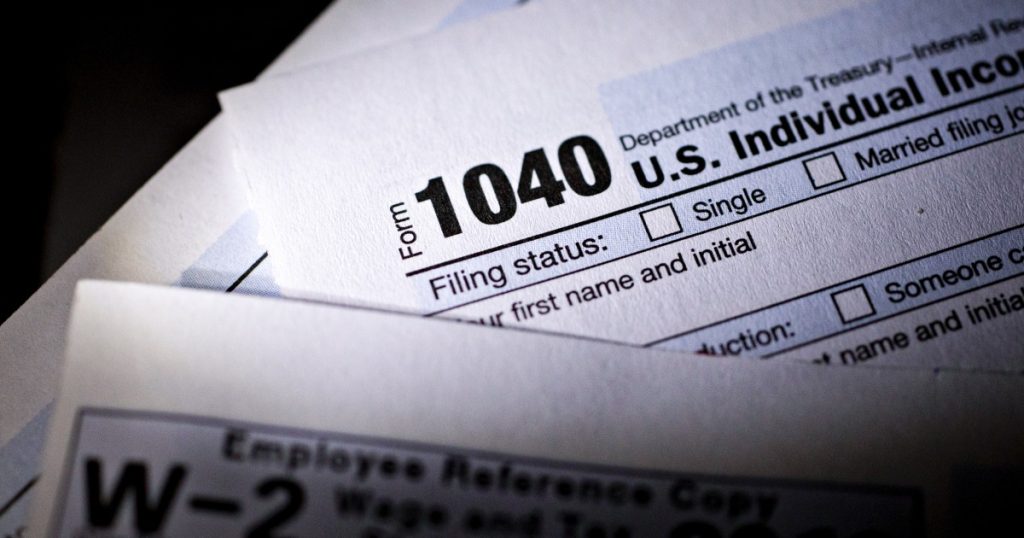The Internal Revenue Service is encouraging individuals who did not file a tax return during the Covid-19 pandemic to determine if they are eligible for a refund. The agency has more than $1 billion in unclaimed refunds for tax year 2020 and is urging eligible filers to claim their money before the deadline of May 17, 2024. IRS Commissioner Danny Werfel emphasized that there are still hundreds of thousands of people who may have overlooked or forgotten about these refunds, and he encouraged taxpayers to start the process soon to ensure they do not miss out on potential refunds.
Due to the pandemic, the regular three-year return-filing window was extended, giving filers more time to claim their refunds. The IRS estimates that the median refund amount for 2020 is $932, meaning that half of the refunds are more than $932 and half are less. People faced unique challenges during the pandemic that may have caused them to overlook potential refunds on their 2020 tax returns. This could include students, part-time workers, and others who may not realize they are owed a refund. The IRS is urging individuals to review their records and start gathering necessary information to avoid missing the May deadline.
In addition to potential refunds, many low- and moderate-income workers may be eligible for the Earned Income Tax Credit (EITC) for the 2020 tax year. This credit can be worth up to $6,660 for taxpayers with qualifying children. It’s important to note that 2020 tax refunds may be held if an individual has not filed tax returns for 2021 and 2022. Therefore, it is essential for individuals to not only claim their refunds for 2020 but also stay current with their tax filings in order to receive future refunds.
The IRS is urging individuals to take action and review their records to determine if they are eligible for a refund for the 2020 tax year. By starting the process early and gathering necessary documentation, taxpayers can ensure they do not miss out on potential refunds. With the May 17 deadline approaching, it is important for individuals to act promptly to claim any money that may be owed to them. The agency is committed to helping individuals navigate the process and encourages anyone who believes they may be eligible for a refund to reach out for assistance.
Overall, the IRS is making a concerted effort to reach individuals who did not file a tax return during the pandemic and may have overlooked potential refunds. By raising awareness of this issue and providing information on how to claim refunds, the agency hopes to help individuals access the money they are owed. With the deadline for claiming 2020 refunds approaching, it is crucial for individuals to take action and ensure they do not miss out on this opportunity. By following the guidance provided by the IRS and reviewing their records, individuals can increase their chances of receiving any refunds they may be eligible for.













